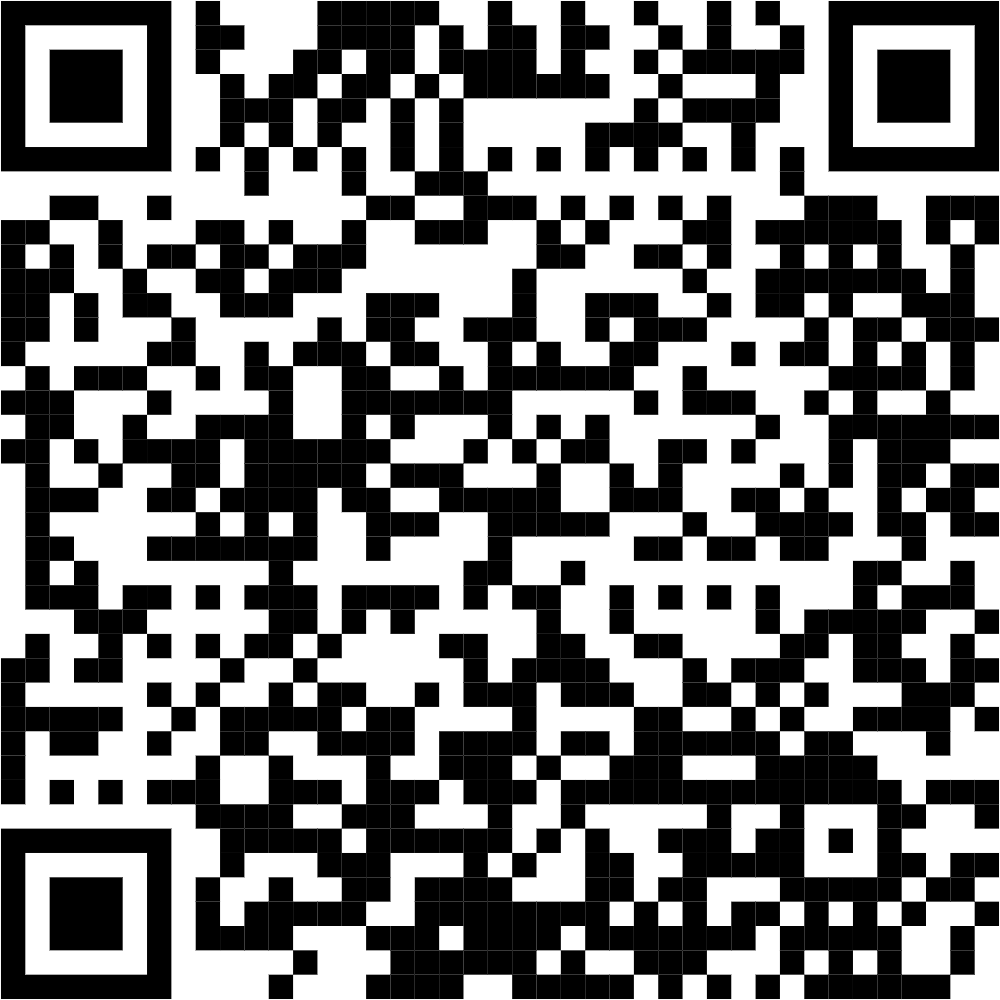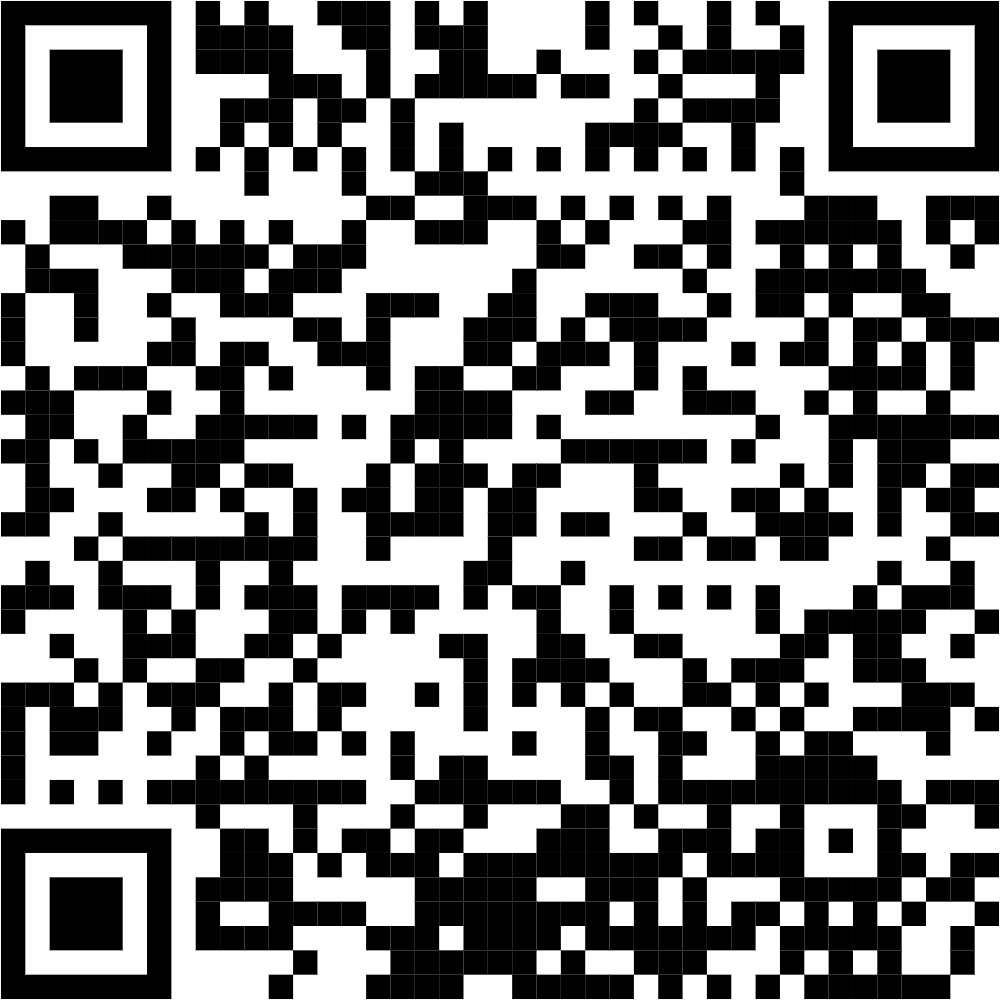MENGEMBANGKAN KEWIRAUSAHAAN MELALUI PENDIDIKAN KARAKTER UNTUK MEMBANGUN SUMBER DAYA MANUSIA DIBIDANG INDUSTRI KREATIF DI POLITEKNIK NEGERI MEDIA KREATIF
DOI:
https://doi.org/10.46961/jip.v6i1.78Keywords:
Character Education, entrepreneurship, Creative Industries, honest, creative, and innovative.Abstract
 Entrepreneurship development through Character Education in Creative Media Polytechnic carried out through three channels, namely: the path of academic / curricular courses delivered through Entrepreneurship, Education Pancasila and Citizenship Education and Religious Education: the path extracurricular activities conducted through Entrepreneurship, Unit of Student Activities such as Sports and Arts . Meanwhile, other supporting activities is through the activities of public lectures delivered by resource persons, especially in the field of character education and success stories of entrepreneurs, as well as through integration by other lecturers lecturer; The third track is done through the management of the institutional Polimedia PoliMedia done through the planning both academic and non academic, entrepreneurial developers team up, forming a business unit as well as applying some rules aimed at improving student behavior and character, such as a ban on smoking on campus and to create a clean and green campus to provide exemplary and an atmosphere conducive to learning . Of the 14 who developed the Creative Industries sector in Indonesia, PoliMedia currently developing five sectors, namely: Printing and Publishing; Interactive Games: Graphic Design: Photography and Advertising is done through the 8 existing study programs and students are always encouraged to become entrepreneurs in Creative Industries sector that became peminatannya, which is known as the creative industry is an industry that lead to the intellect, ideas, and an original idea by thinking and feeling from my heart most deeply.
References
Branson, Margare S. (1998). The Role of civic Education: A Forthcoming Education Policy Task Force Position Paper from the Communitarian Network. Washington, DC: Center for Civic Education
Branson, Margaret Stimmann.(1998). The Role of Civic Education A Forthcoming Education Policy Task Force Position Paper From The Communitarian Network
Budimansyah, D.dan Winataputra, S, U. 2007. Civic education konteks , landasan, bahan ajar, dan kultur kelas. Bandung : Program Studi Pendidikan Kewarganegaraan Sekolah Pascasarjana Universitas Pendidikan Indonesia.
Cogan, John J. and Ray Derricott. ( 1998 ). Citizenship Education For the 21st Century : Setting the Context. London : Kogan Page
Dobozy B, Eva. (2004). Education in and for Democracy and Human Rights: Moving from Utopian Ideals to Grounded Practice. Dissertation at Murdoch University
Davies, Lynn. (2000). Citizenship Education and Human Rights Education : Key Concepts and Debates. England: The British Council.
Direktorat Pembinaan Sekolah Menengah Pertama, Ditjen Mandikdasmen, Departemen Pendidikan Nasional 2007. Jakarta., PEMBINAAN PENDIDIKAN KARAKTER DI SEKOLAH MENENGAH PERTAMA.
Elmubarok, Z, (2008), Membumikan Pendidikan Nilai, Bandung, Alfabeta.
Fachruddin. (2005). Educating for Democracy: Ideas and Practices of Islamic Civil Society Association inIndonesian Dissertation at University of Pittsburgh
Lickona, Thomas. (1991) Educating for Character: How Our Schools Can Teach Respect and Reponsibility. New York, NY: Batam Books
Lickona, T. (1992). Educating for Character, New York: Bantam Books.
Lupiyoadi Rambat, Wcil Jero (1998) Wawasan Kewirausahaan, Jakrta, Lembaga Penerbit Fakultas Ekonomi Universitas Indonesia.
Peterson Christoper, Seligman EP Marrtin, (2004) Character Strengths and Virtues, Oxford University Press
Quigley, Charles N and Charles F. Bahmueller. (1991). Civitas: A Framework for Civic Education. Calabasas: Center for Civic Education.
Sanusi, A. (1998) Pendidikan Alternatif: Menyentuh Azas Dasar Persoalan Pendidikan dan Kemasyarakatan, Bandung: PT Grafindo Media Pratama.
Simon, S.B. How, L.W. And Kirchenbaunm H (1972). Values Clarification, New York: Hart Publishing Co.
Sumaatmadja, Nursid,dkk (2007). Konsep Dasar IPS. Jakarta : Penebit Universitas Terbuka
Todaro P Michael, Smith C Steohen (2003) Pembangunan Ekonomi di Dunia Ketiga, Jakarta, Penerbit Erlangga,
Williams, Mary M. (2000). “Models of Character Education : Perspectives and Developmental Issues.†Journal of Humanistic Counseling, Education and Development 39, 1, 32-40.
Winataputra, U.S. (2005) Konsep dan Strategi Pendidikan dan Kewarganegaraan di Perguruan Tinggi: Tinjauan Psiko-Pedagogis dan Sosioandragogis.Jakarta: Ditjen Penddikan Tinggi (Bahan SUSCADOS Dikwar)
Zimmerer W Thomas, Scarborough M Norman ( 2005) Essentials of enterpreneurship and small business management, Terjemahan, Jakarta, Penerbit Percetakan PT Penebar Swadaya.
Downloads
Published
How to Cite
Issue
Section
Citation Check
License
The Authors submitting a manuscript do so on the understanding that if accepted for publication, copyright of the article shall be assigned to Jurnal Ilmiah Publiprenuer and Politeknik Negeri Media Kreatif, Indonesia as the publisher of the journal.
Copyright encompasses exclusive rights to reproduce and deliver the article in all form and media, including reprints, photographs, microfilms, and any other similar reproductions, as well as translations. The reproduction of any part of this journal, its storage in databases and its transmission by any form or media, such as electronic, electrostatic and mechanical copies, photocopies, recordings, magnetic media, etc. will be allowed only with written permission from the Jurnal Ilmiah Publiprenuer and Politeknik Negeri Media Kreatif, Indonesia.
Jurnal Ilmiah Publiprenuer and Politeknik Negeri Media Kreatif, Indonesia. The Editorial Team makes every effort to ensure that no wrong or misleading data, opinions, or statements be published in the journal. In any way, the contents of the articles and advertisements published in the Jurnal Ilmiah Publiprenuer and Politeknik Negeri Media Kreatif are the sole and exclusive responsibility of their respective authors and advertisers.
Statement of Authenticity and Manuscript Copyright can be downloaded: here
After filling in the statement letter, please attach it as the supplementary file submission or send via e-mail: [email protected]











